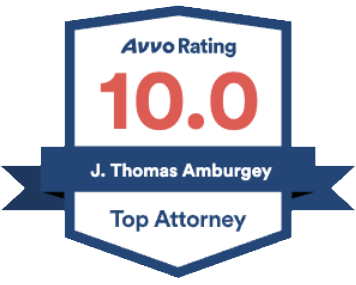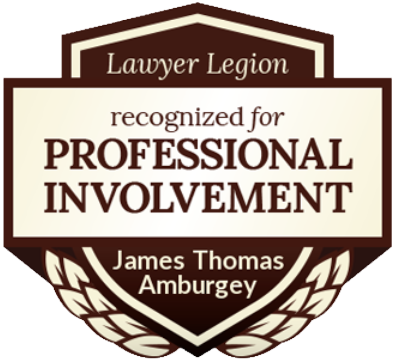Involuntary Manslaughter Defense in North Carolina
Involuntary manslaughter is a serious criminal offense that occurs when a person unintentionally causes the death of another due to reckless or negligent actions. Unlike murder or voluntary manslaughter, involuntary manslaughter does not involve intent to kill. However, North Carolina law still imposes significant penalties for those convicted, including prison time, fines, and a permanent felony record. Because these cases often hinge on proving recklessness or negligence, it is essential to have an experienced defense attorney to challenge the prosecution’s claims.
What Constitutes Involuntary Manslaughter?
North Carolina law defines involuntary manslaughter as an unintentional killing that results from criminal negligence, reckless behavior, or an unlawful act that is not a felony. Some of the most common scenarios that lead to involuntary manslaughter charges include incidents where a person’s careless actions lead to a fatal accident. This may involve handling a firearm negligently, failing to perform a legal duty that results in someone’s death, or engaging in reckless conduct, such as extreme speeding outside of a vehicular homicide charge. Additionally, drug-related deaths where a person provides drugs that cause a fatal overdose can sometimes be charged as involuntary manslaughter.
Penalties for Involuntary Manslaughter in North Carolina
Involuntary manslaughter is classified as a Class F felony in North Carolina. A conviction carries a prison sentence ranging from 13 to 41 months, depending on the defendant’s prior criminal record and the specific circumstances of the case. In some instances, alternative sentencing such as probation may be possible, particularly for first-time offenders. However, a felony conviction will result in a permanent criminal record, loss of certain rights—including firearm ownership—and potential challenges in obtaining employment or housing. Additionally, courts may impose fines, restitution, and other penalties depending on the nature of the offense.
Defending Against Involuntary Manslaughter Charges
A strong defense against involuntary manslaughter focuses on challenging the prosecution’s evidence of recklessness or negligence. In some cases, the death may have been a tragic accident with no criminal liability. Establishing that the accused acted with reasonable care or that another party was responsible can weaken the prosecution’s case. Additionally, self-defense or medical causation may be relevant if outside factors contributed to the fatality. Challenging witness credibility, forensic evidence, or law enforcement procedures can also be crucial to obtaining a favorable outcome.
Key Considerations for Involuntary Manslaughter Cases
- Involuntary manslaughter is an unintentional killing caused by reckless or negligent behavior.
- It is a Class F felony with a prison sentence of up to 41 months in North Carolina.
- Common defenses include lack of recklessness, alternative causes, and procedural errors.
- An experienced criminal defense attorney can work to reduce or dismiss charges.
Trust Thomas Amburgey to Protect Your Rights
If you are facing involuntary manslaughter charges, securing experienced legal counsel is critical. Attorney Thomas Amburgey, a Board Certified Specialist in State Criminal Law, has extensive experience handling homicide-related cases and will work tirelessly to protect your rights. His background as both a former prosecutor and defense attorney gives him the insight needed to build a strong case, challenge evidence, and seek the best possible resolution. Contact Amburgey Law today for a confidential consultation to begin your defense.
Recent Articles


CERTIFIED LEGAL SPECIALIST

THE LEGAL ELITE

Best Lawyers in America





